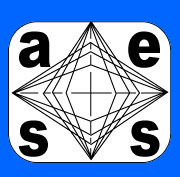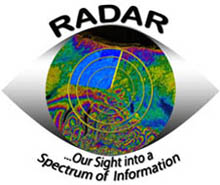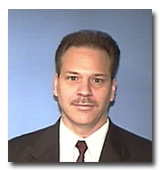  |
2006 IEEE Radar Conference |
|||||||||||||||||||||||||||||||||||
|
April
24 - 27, 2006
|
Turning
Stone Resort and Casino
|
Verona,
NY USA
|
||||||||||||||||||||||||||||||||||
|
||||||||||||||||||||||||||||||||||||
|
|
| Announcements Call for Papers -PDF version Important
Dates Keynote
Speaker About
the Area Logo background image courtesy NASA/JPL-Caltech. |
|
Tutorial
3.6 Advanced
STAP Concepts: Thinking Outside the Sample Covariance Synopsis: It has been well established that space-time adaptive processing (STAP) for radar performance can be significantly degraded when confronted with challenging nonstationary terrain clutter and dense target backgrounds. In this tutorial, an in-depth overview of the newly emerging advanced techniques such as knowledge-aided STAP will be explored. Through the exploitation of a new real-time embedded computing architecture incorporating a high-fidelity physical database, many adaptation problems due to nonstationary clutter environments can be solved in an entirely new manner. Details of the “look-ahead” scheduling for real-time database management developed under the DARPA KASSPER program will be provided along with results for both simulated and measured data. In particular, methods for augmenting the sample data matrix in a manner that still allows for conventional QR factorization will be highlighted.
|

